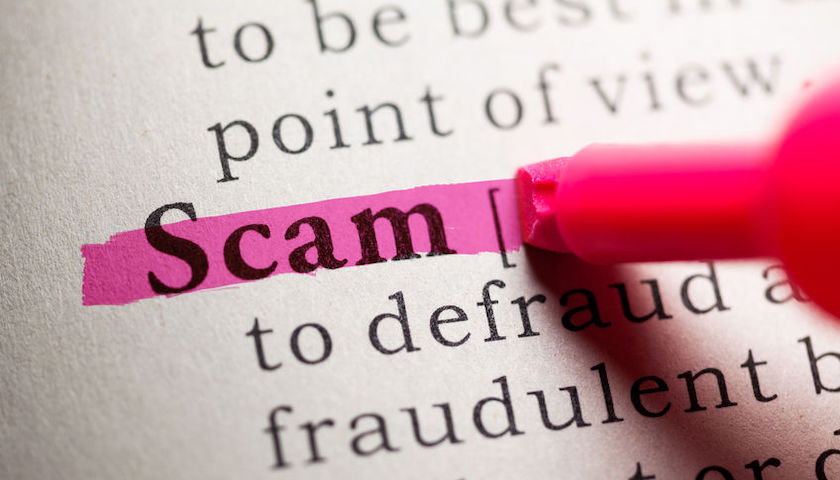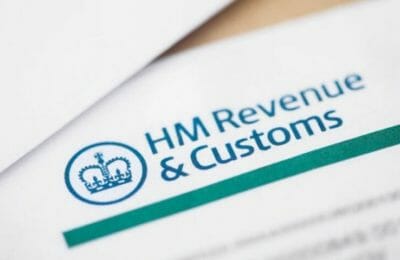Marriage tax allowance explained
Are you married or in a civil partnership? If so you may be entitled to a £1260 tax break called the marriage tax allowance. Yet about one million couples are still missing out. It’s free money, so worth checking – and you can now qualify even if your partner has passed away.
The marriage tax allowance is a way for couples to transfer a proportion of their personal allowance (the amount you can earn tax-free each tax year) between them.
Who can get it?
This is the most important factor as only people with these specific circumstances will be able to apply:
- You’re married or in a civil partnership (just living together doesn’t count).
- One of you needs to be a non-taxpayer, which usually just means earning less than the £12,570 personal allowance.
- The other needs to be a basic 20% rate taxpayer (higher or additional-rate taxpayers aren’t eligible for this allowance). This means you’d normally need to earn less than £50,270.
- You must both have been born on or after 6 April 1935.
So, in a nutshell one of you must be a non-taxpayer and one must be a basic-rate taxpayer.
What’s this about £1260 of marriage tax allowance?
For the years ended April 21 onwards it was worth £252. Plus claim it now and it’s backdated, so many get previous years’ AND this year’s allowance – £1260.
Sounds promising – so how does the maths work?
The partner who has an unused amount of personal allowance can transfer £1,260 of their allowance to the other (so basically 10% of the full allowance). It doesn’t matter if they have £5,000 of allowance left or £500; they can only transfer £1,260.
This is how it works:
Part-time Peter works just enough and earns £5,000 at his local fish and chip shop. His full personal allowance for the year is £12,570, so he has plenty of spare allowance to transfer £1,260 to his wife.
Peter’s wife, full-time Fiona, is a software developer. She earns £35,000 and is a basic-rate taxpayer (higher-rate tax now starts at £50,271 for most). Her personal allowance increases by £1,260 to £13,830 when Peter chooses to make his transfer.
So, she has an extra £1,260 which she would’ve paid tax on at 20% but is now tax-free, so she’s £252 up (20% of £1,260).
Get tax advice from THP Chartered Accountants
For advice on matters tax related, contact THP Chartered Accountants today. THP have an experienced team of tax professionals who can help advise on your personal situation (e.g. Inheritance tax planning) or your business situation (e.g. company tax investigations).
We have offices in Chelmsford, Sutton, Wanstead, and Saffron Walden just give us a call on 020 8989 5147 to see how we can help.
About Karen Jones
Having worked for one of the world’s largest accountancy firms, Karen Jones uses her tax knowledge and skills to help clients obtain substantial reductions to their tax liabilities.
With an expanding portfolio of tax clients, Karen enjoys the variety her work brings her and particularly likes working with new businesses and people. With a growing number of tax clients, she frequently faces a variety of challenges and relishes the experience she gains as she solves them.
Karen likes the THP ethos: “I like the way the team has a professional, but friendly and down-to-earth approach – it creates a productive atmosphere that benefits everyone.”
Karen’s specialist skills:
- Personal Taxation
- Tax Efficient Planning
- Trust Administration












